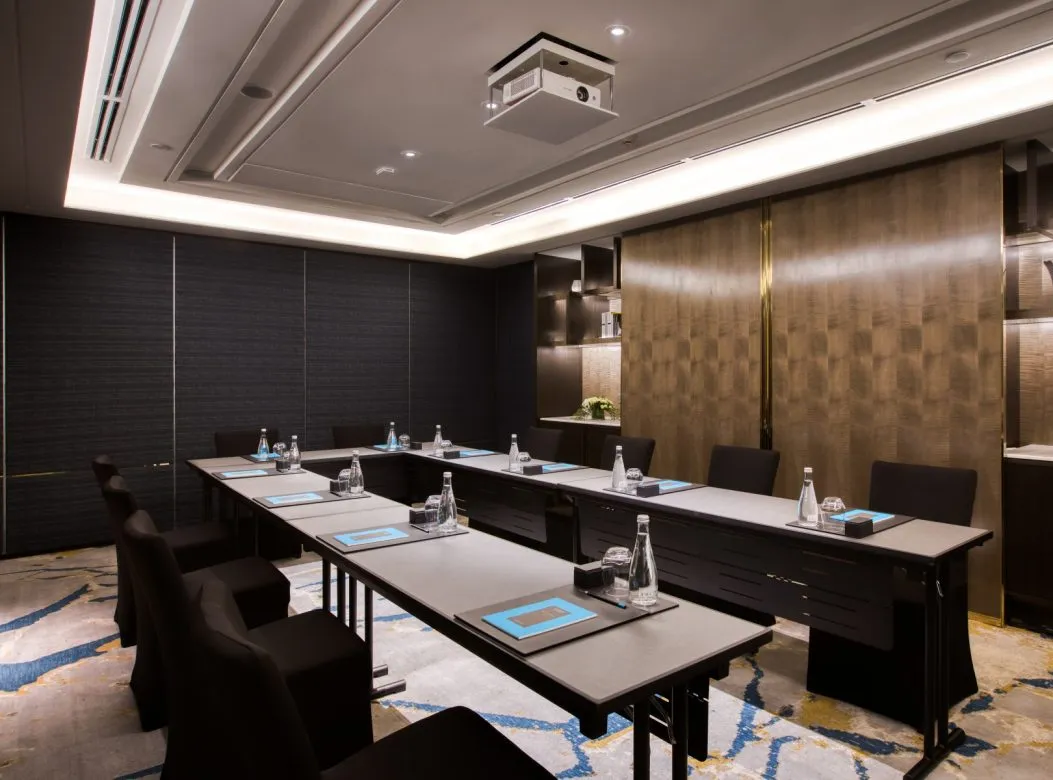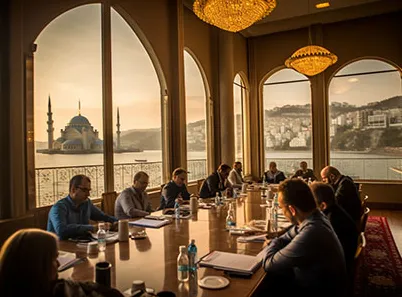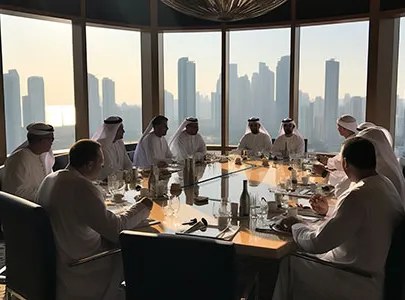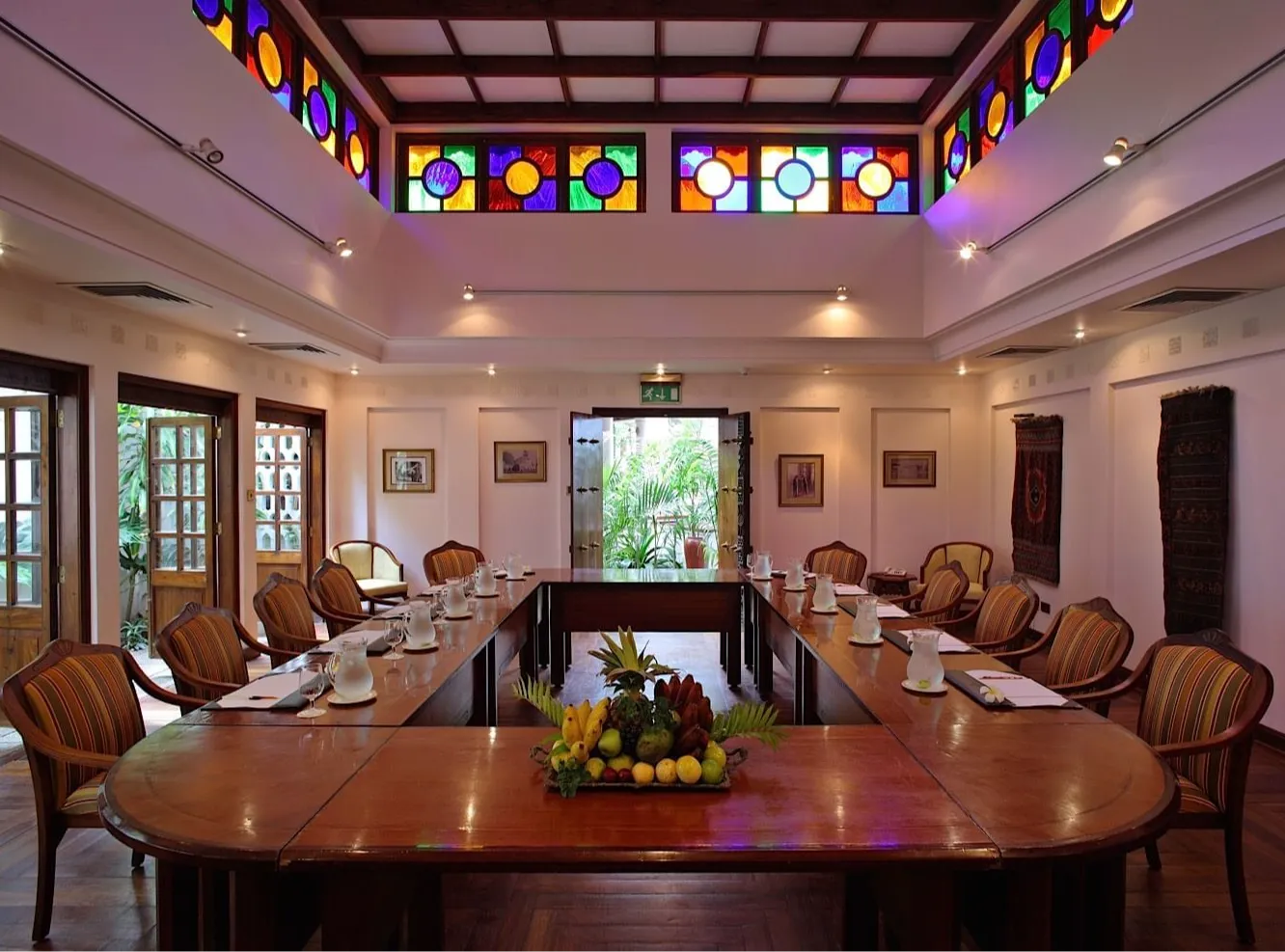Master MEAL Frameworks for Results-Based Programs
Course Overview:
This course empowers participants with the methods and insights to create, implement, and sustain Monitoring, Evaluation, Accountability, and Learning (MEAL) systems that drive program success. Based on the book "Developing Monitoring and Evaluation Frameworks" by Anne Markiewicz and Ian Patrick, the course blends conceptual understanding with hands-on methods and frameworks. Participants will learn to design logic models, develop theory of change, align indicators with objectives, and integrate data for adaptive learning. Real-world case studies and participatory methods make this course especially relevant to practitioners working in complex development, humanitarian, and social sectors. By the end, participants will not only know how to design MEAL systems but also how to ensure they support transparency, accountability, and evidence-based decision-making.
Target Audience:
- MEAL Officers and Managers
- Project and Program Managers
- M&E Specialists and Consultants
- Development Practitioners and NGO Staff
- Donor Agency Staff
Targeted Organizational Departments:
- Monitoring and Evaluation Departments
- Program Design and Planning Units
- Accountability and Learning Teams
- Research & Impact Assessment Divisions
- Quality Assurance and Compliance Units
Targeted Industries:
- International Development
- Humanitarian Aid and Disaster Relief
- Public Health and Social Services
- Education and Vocational Training
- Government and Policy-Making Bodies
Course Offerings:
By the end of this course, participants will be able to:
- Design logic models and theories of change that align with program goals
- Develop integrated MEAL plans tailored to organizational contexts
- Select appropriate qualitative and quantitative indicators
- Conduct stakeholder engagement processes in MEAL design
- Use MEAL frameworks to support decision-making, accountability, and adaptive learning
- Integrate OECD/DAC criteria into evaluation strategies
Training Methodology:
This course uses a participatory and practice-based approach. Learners will engage in case studies, group discussions, and collaborative exercises that simulate real-life MEAL challenges. Interactive workshops will guide participants in developing MEAL methods such as logframes, KPIs, and reporting templates. Daily reflection and review sessions ensure alignment between theory and application. Peer feedback and instructor-led critiques allow for continuous improvement. Each session encourages active learning through experiential techniques to foster both individual and organisational capacity building.
Course toolbox:
- Example MEAL Framework Templates
- Theory of Change and LogFrame Worksheets
- Indicator Selection Checklists
- Stakeholder Mapping Methods
- Sample Reporting and Learning Templates
- Workbook for each module
- Recommended readings
Course Agenda:
Day 1: Foundations of MEAL and Scoping
- Topic 1: Introduction to MEAL – Concepts, Purposes, and Benefits
- Topic 2: Understanding the Integration of Monitoring and Evaluation
- Topic 3: Stakeholder Mapping and Engagement Strategies
- Topic 4: Scoping the MEAL Framework: Requirements and Boundaries
- Topic 5: Reviewing Resource Parameters and Participation Needs
- Topic 6: Confirming Framework Purpose and Alignment with Program Design
- Reflection & Review: Reflections on MEAL foundations, stakeholder expectations, and setup alignment
Day 2: Program Theory, Logic, and Evaluation Questions
- Topic 1: Developing a Theory of Change with Stakeholders
- Topic 2: Constructing and Validating a Logic Model
- Topic 3: Clarifying Key Assumptions and Intended Results
- Topic 4: Formulating Evaluation Questions Across Domains (OECD/DAC)
- Topic 5: Prioritising Questions and Data Needs Based on Resources
- Topic 6: Finalising Evaluation Questions for Monitoring Integration
- Reflection & Review: Review of ToC, Logic Models, and relevance of evaluation focus
Day 3: Designing Monitoring and Evaluation Plans
- Topic 1: Drafting a Monitoring Plan Aligned with Evaluation Questions
- Topic 2: Selecting Indicators, Baselines, and Performance Targets
- Topic 3: Choosing Data Sources, Tools, and Collection Methods
- Topic 4: Assigning Monitoring Responsibilities and Scheduling
- Topic 5: Outlining the Evaluation Plan and Rubric Design
- Topic 6: Choosing Evaluation Methods and Criteria
- Reflection & Review: Linking monitoring and evaluation into one coherent strategy
Day 4: Data, Judgment, and Learning Integration
- Topic 1: Developing a Data Collection and Management Plan
- Topic 2: Ethical Issues in MEAL Data Handling
- Topic 3: Data Synthesis and Judgment Techniques
- Topic 4: Drawing Evaluative Conclusions from Mixed Data
- Topic 5: Building Learning Strategies into MEAL Systems
- Topic 6: Translating Conclusions into Recommendations and Lessons
- Reflection & Review: From data to insights – evaluating learning pathways
Day 5: Implementation, Use, and Sustainability
- Topic 1: MEAL Implementation Planning and Workplan Development
- Topic 2: Building Staff Capacity and Organizational Readiness
- Topic 3: Establishing Feedback Loops and Accountability Structures
- Topic 4: Developing the Reporting and Dissemination Strategy
- Topic 5: Monitoring and Reviewing the MEAL Framework Continuously
- Topic 6: Aligning MEAL with Decision-Making and Adaptive Management
- Reflection & Review: Ensuring the MEAL system evolves, scales, and serves long-term goals
FAQ:
What specific qualifications or prerequisites are needed for participants before enrolling in the course?
No formal qualifications are required. However, familiarity with project planning or evaluation concepts is beneficial.
How long is each day's session, and is there a total number of hours required for the entire course?
Each day's session is generally structured to last around 4-5 hours, with breaks and interactive activities included. The total course duration spans five days, approximately 20-25 hours of instruction.
How do Logic Models differ from Theories of Change?
While both methods are used to map program strategy, a Theory of Change outlines the causal pathway from inputs to impact, often including assumptions. A Logic Model provides a more structured visual representation with indicators and activities, often used in MEAL frameworks.
How This Course is Different from Other MEAL Courses:
Unlike many MEAL training programs that are either overly theoretical or method-heavy, "Designing Effective MEAL Frameworks" strikes the perfect balance. This course uniquely integrates systems thinking with practical methods like logframes, stakeholder analysis, ToC models, and evaluation matrices. It focuses not only on M&E, but also equally on accountability and learning, which are often underrepresented. With a strong emphasis on participatory design, adaptive use of data, and organizational learning, participants leave with actionable frameworks they can apply immediately. Real-world case studies, facilitated peer learning, and practical templates make this course stand out for professionals who seek to design MEAL systems that are strategic, inclusive, and responsive to dynamic environments.
ساعات معتمدة: 5 ساعة في اليوم
وضع الدورة: دوام كامل
مقدم الدورة: مركز (Agile Leaders) للتدريب
-
مواعيد هذه الدورة!!
-
Madrid 2025-09-22
-
London 2025-09-22
-
Milan 2025-09-29
-
Langkawi 2025-10-26
-
Istanbul 2025-10-27
-
Milan 2025-11-24
-
Rome 2025-12-22
-
Dubai 2025-12-22
-
Kuwait 2025-12-29
-
Barcelona 2025-12-30
-
Zoom 2026-01-27
-
Johannesburg 2026-02-23
-
Kuala Lumpur 2026-02-24
-
Zanzibar 2026-03-23
-
Accra 2026-03-30
-
Casablanca 2026-03-31
-
Kuala Lumpur 2026-04-21
-
Amsterdam 2026-04-21
-
Baku 2026-04-28
-
Barcelona 2026-04-28
-
Bali 2026-05-25
-
Athens 2026-05-25
-
Muscat 2026-06-22
-
Milan 2026-06-30
-
London 2026-06-30
-
Madrid 2026-07-21
-
Trabzon 2026-07-27
-
Cairo 2026-08-25
-
Istanbul 2026-08-25
-
Amman 2026-08-31





















